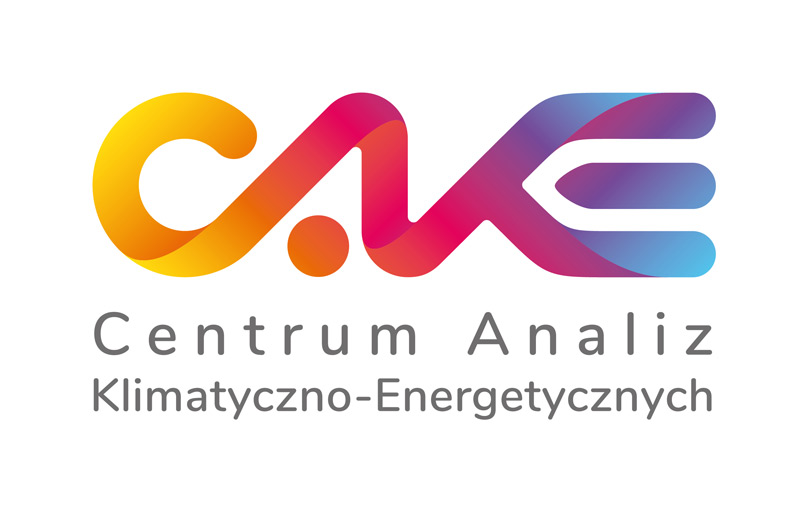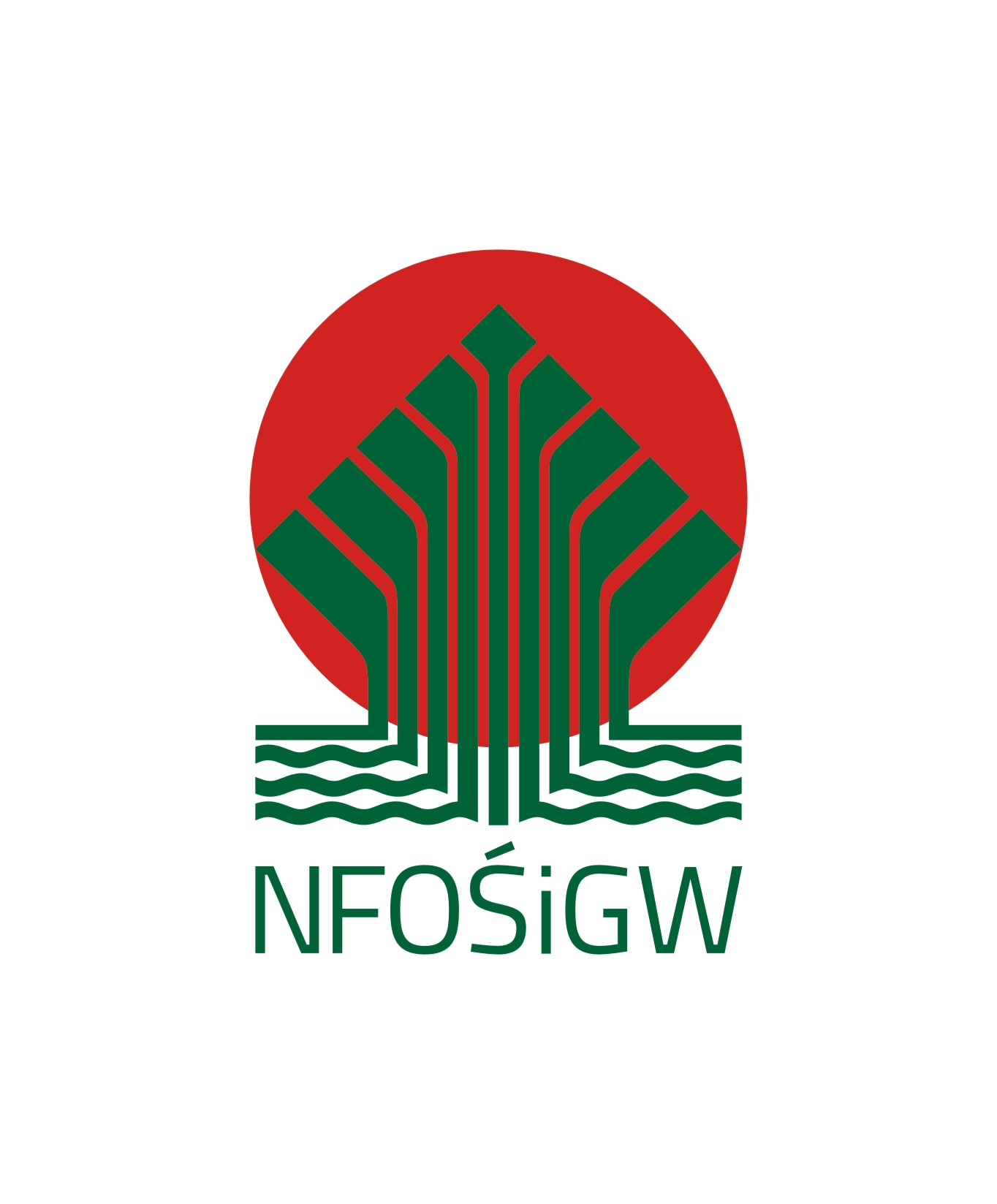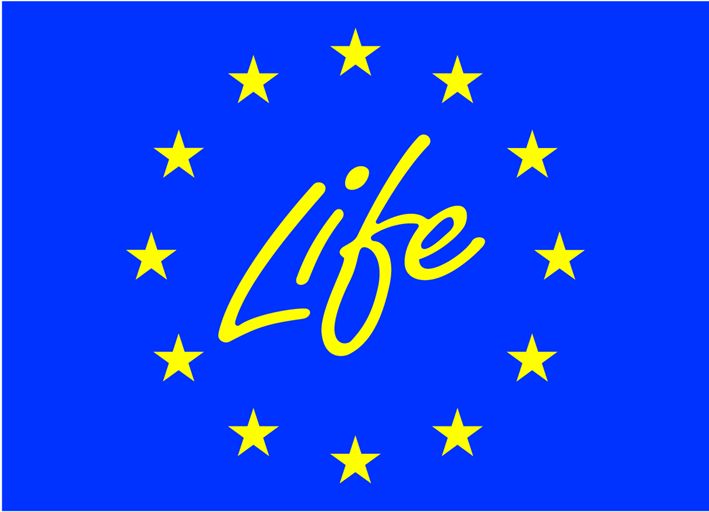Main project activities include developing a set of analytical tools to provide a suitable and comprehensive information to decision makers and the public. A dynamic computable general equilibrium model (CGE) will be the central element of this tool-box, while sector models for energy, transport and agriculture will be integrated with feedback and mutual work capability. Project concept assumes involvement of target group[1] representatives to meet their expectations to a maximum possible extent. Therefore, they will participate in both development of the tool-box and – what is extremely important – in defining analytical goals for an expert team. Public administration responsible for climate and energy policy, frequently suffers from an unsatisfactory availability of the comprehensive analytical toolkit, suitable for both deeply analysis and assessment of impacts associated with different options of policy measures discussed. This project responses to these needs. Proposed approach includes an important, new element – a high degree of interconnection between the models, consisting not only in the fact that data for analyses using sectoral optimisation models will be based on the results of the CGE model, but also on the procedure of iterative calculations in which the results of sectoral models will be used in a subsequent cycle of calculations using the macroeconomic model. In consequence, the results obtained from the CGE model and sectoral models will be consistent with each another. At the same time, the results of the CGE model will take into account detailed aspects of processes unfolding in the sectors of energy, transport and agriculture which ensue from sectoral modelling, while the results obtained using sectoral models will consider general economic impacts.
A number of analytical reports will be delivered to the target group as well as to the stakeholders and general public. What should be clearly emphasized, all those works are to be developed with target group involvement and designed in a way allowing their practical application in both preparing strategic documents and decision making process. The most important project outputs include potential of GHG emission reduction in sectors, adequate strategies for Poland, considering the rules and objectives of the EU climate policy. Report will combine sectoral model results and will provide an additional assessment across the economy. Besides, a demonstration of practical applicability of the modelling results at the local level is assumed. Specifically addressed guidebook providing the analysis results at sectoral level and practical actions and instruments for local administration will be prepared to translate the EU and domestic climate and energy policies into local actions.
Specific project results and indicators are:
- Information and data on EU climate policy impacts, and a comprehensive and consistent toolkit for assessing the effects of climate policy measures, including sectorial dimensions (energy, transport and agriculture);
- Improved awareness of information availability, a sustainable system for the transfer of information to target audiences, and raised level of awareness of mechanisms, and the effectiveness and efficiency of EU climate policy, among stakeholders and the public;
- At least 20 experts with a greater knowledge of the modelling findings and direct knowledge of the project results during meetings and workshops, through analyses and other deliverables;
- A number of the governmental entities personnel actively participating in the work of the project, and appointed members of the project’s steering committee;
- Increased satisfaction through appropriate access to useful and quality information in the fields tackled before and after the project, through targeted surveys;
- At least five ministries implementing outcomes of CAKE modelling into policy-making processes in the climate, energy, agriculture and transport areas;
- Results of the project applied to at least three policy documents; and
Creation, testing and implementation of a computable general equilibrium model, enabling policy integration to be achieved and projections generated in other Member States.
[1] Project is addressed to the central administration (the Ministry of the Environment, the Ministry of Energy, the Ministry of Finance, the Ministry of Economic Development, the Ministry of Agriculture and Rural Development, the Ministry of Infrastructure and Construction, the Ministry of Foreign Affairs, the Chancellery of the Prime Minister), which is responsible for creating climate and energy policies.
Project „System of providing and disseminating information in order to support the strategic implementation of climate and energy policy (LIFE Climate CAKE PL)” is financed from EU funds through the LIFE programme and co-financed from national funds by the National Fund for Environmental Protection and Water Management.




